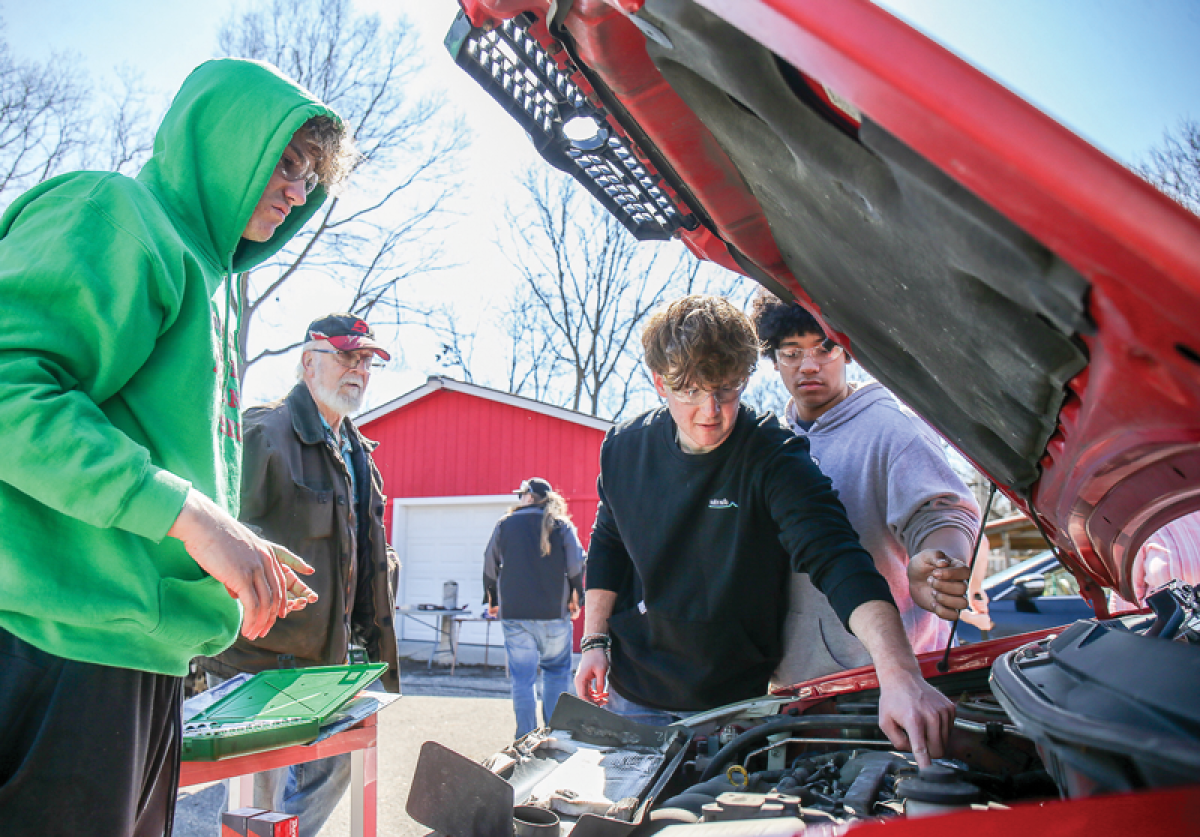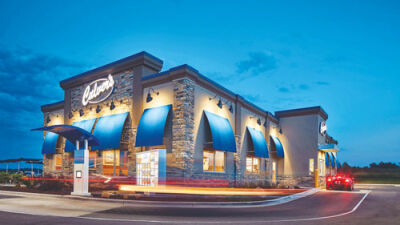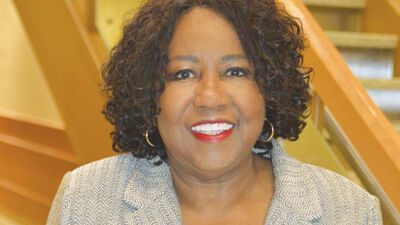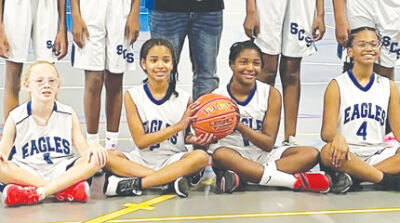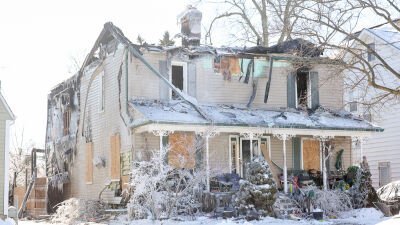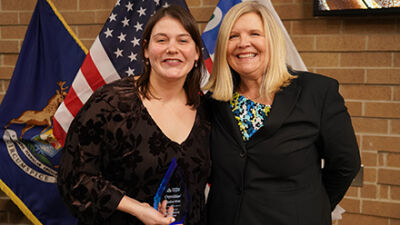FARMINGTON HILLS — For the first time, students in the North Farmington High School auto shop class brought their skills and services outside the district to help people have reliable vehicles.
The students worked in conjunction with the Redford Brightmoor Initiative, 12065 W. Outer Drive in Detroit, under the guidance of a retired mechanical engineer and certified master mechanic from Bloomfield Township, as well as their classroom instructor, Sean Reisdorf, to repair cars and analyze car problems at no cost to the Brightmoor community.
The vehicle owners just need to provide any necessary parts, and the mechanics guide them in the right direction as to where they can locate the parts for a reasonable price. Vehicle owners then return to RBI at a later date to have the repair done.
RBI Director Hilary Kristal said she started the program after a lot of their clients were not able to get to their offices as a result of unreliable transportation.
She said she modeled the RBI auto program on a similar program in Georgia, and the response has been “amazing.”
“It’s our biggest program,” said Kristal. “One of the things that makes me feel best is that he’s giving advice. … It’s hard to keep that statistic, because it’s not a repair, but to me that’s so valuable. It’s a success.”
She said that mechanics, unfortunately, get a bad rap, but through this program, RBI clients are able to get advice on their cars from someone who has no reason to steer them wrong, as they are not getting paid for any of it.
The RBI program is usually held 8:30-11:30 a.m. Saturday mornings, but they decided to hold a special session of the program to allow the class to perform the work on a Friday. They scheduled a handful of repairs for the kids to do, and the public was notified that they could come in and have their cars evaluated on that date as well.
Reisdorf said he discovered the program through an email from the National Institute for Automotive Service Excellence, a nonprofit organization that works to improve the quality of vehicle repair and service by testing and certifying automotive professionals. The email said that they were looking for volunteer mechanics to assist with the RBI program, especially students.
He said that the event provided the kids with the opportunity to help others while working on cars and fulfilled a couple other education requirements for their certifications and diplomas.
“Well, in addition to all the stuff I gotta do for our curriculum, right, there’s a lot of stuff I gotta do — meet state standards and all that stuff — one of the things that we have to do is called work-based learning. … They’re getting real-world experience out of it. I give them that at school too, right, because we do a live shop, but this is out of my control; they’re on their own,” said Reisdorf. “They’ve got supervision, obviously … but they gotta kinda figure things out, because they don’t have the luxury of being at school with the hoists and the power tools and the service information. And then on top of that they’re also going to get community service hours, because they’re helping a worthy cause and doing some stuff.”
The students completed several repairs and evaluations, and they were able to answer the owners questions about their vehicles.
Sophomore Drake Laura and seniorCamrin Carrico said they “definitely” gained some new experience, including with sway bar links and a front axle. Overall, Laura said he thought it was a good experience and that he would like to volunteer for the RBI program again.
“It’s definitely good to help people out who can’t always afford to pay the costs of like big time auto shops,” he said.
Shalonda Davis, of Detroit, said she purchased the wrong part on eBay as she is unfamiliar with car parts. However, she said the students were very kind, friendly, and answered her questions.
“I don’t know much about cars, but they came here and explained it to me why it wouldn’t fit even though Jay had modified it,” she said, referring to the certified master mechanic. They were “nice and friendly,” she said. “I was looking forward to them putting that part on. I was watching them. They know what they’re doing. … I just appreciated, like, their honesty, and they were professional.”
She said she got excited when she was told that high school students would be working on her car as she was glad to be able to help out the kids by getting them some experience.
Laura said the experience was different from working in the school shop. He felt more independent. He said the teacher usually gives a rundown on what to do, and they typically work on shop cars where they are able to make mistakes.
“This is different in that I was just working with a couple other guys and I was more independent with what I was doing,” said Laura. “I also couldn’t make silly mistakes and mess up like that. I had to be more thorough than I usually am, which was definitely good to get the experience.”
Frances Billingslea, of Detroit, said she thought it was a great opportunity for both the students and the community.
“They need hands-on in order to get to the next level. They can’t do classroom stuff and go straight into working on vehicles,” Billingslea said. “So it’s got to be hands-on and they gotta get experience somewhere. So the more experience they get, the more beneficial it will be. And the community cars that they’re working on, it’s a big benefit to us. You know you got a lot of single mothers and elderly and different people who need (auto repair) work and can’t afford it, and so this is a help to them also.”
Carrico said it was nice to be able to get out and help people, but he especially liked being able to work alongside his friends.
“I didn’t really learn anything new, moreso it was just kind of a good feeling to help out,” said Carrico. “Apart from doing a new part, but that’s pretty much every day I’m doing new stuff.”
NFHS auto shop students are certified after their second year with an ASE certificate. ASE technicians must also get a Michigan certificate to work in the state. Reisdorf said he is hoping this year students will be able to complete the state certifications through the NFHS auto shop program.
RBI has several other programs and services for those in need, including a free store, a food bank, a diaper bank, a computer lab, complimentary laundry services, and much more. For more information on RBI, call (313) 326-4947 or visit rbidetroit.org.
 Publication select ▼
Publication select ▼